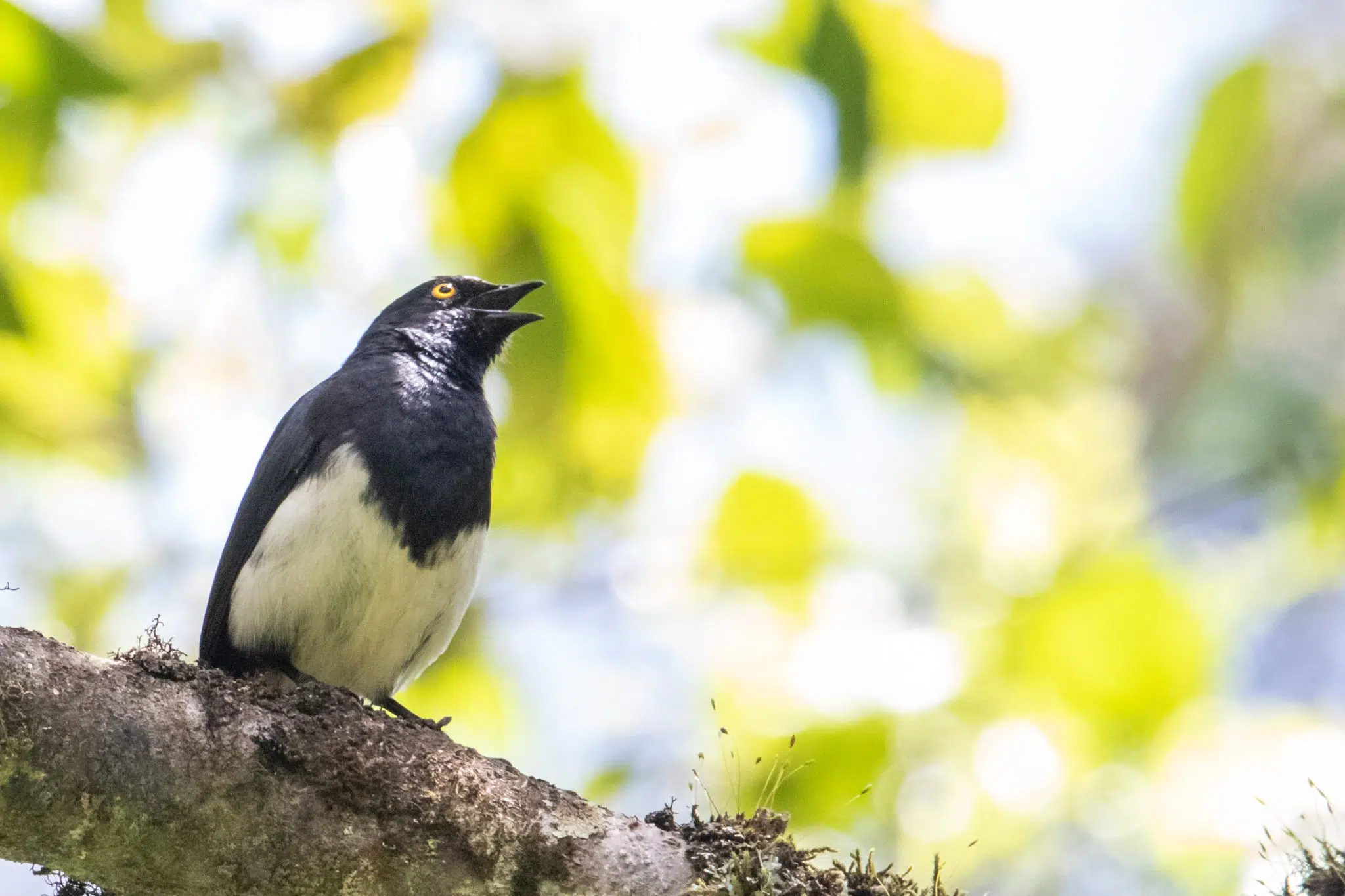
Scientists Prove: Conservation Actions Can Stop and Reverse Biodiversity Loss
BirdLife International scientists have proven in a study published in Science that conservation actions are effective in stopping and even reversing biodiversity loss. This groundbreaking study examined conservation efforts globally, from the islands of Florida to the forests of the Amazon and Congo basin, as well as the rivers of the Asian plateaus.
The research encompassed a meta-analysis of 186 studies and 665 trials, making it the largest study of its kind in terms of scale and time frame. It evaluated a wide range of conservation interventions around the world over more than a century. The results showed that conservation actions have led to improvements in biodiversity or at least slowed its decline in a majority (66%) of cases compared to no action being taken.
When conservation interventions are successful, they are highly effective. These interventions included measures such as establishing and managing protected areas, eradicating and controlling invasive species, sustainably managing ecosystems, and reducing and restoring habitat loss. This study provides valuable evidence for policymakers, conservationists, and individuals who seek to protect biodiversity for future generations.

